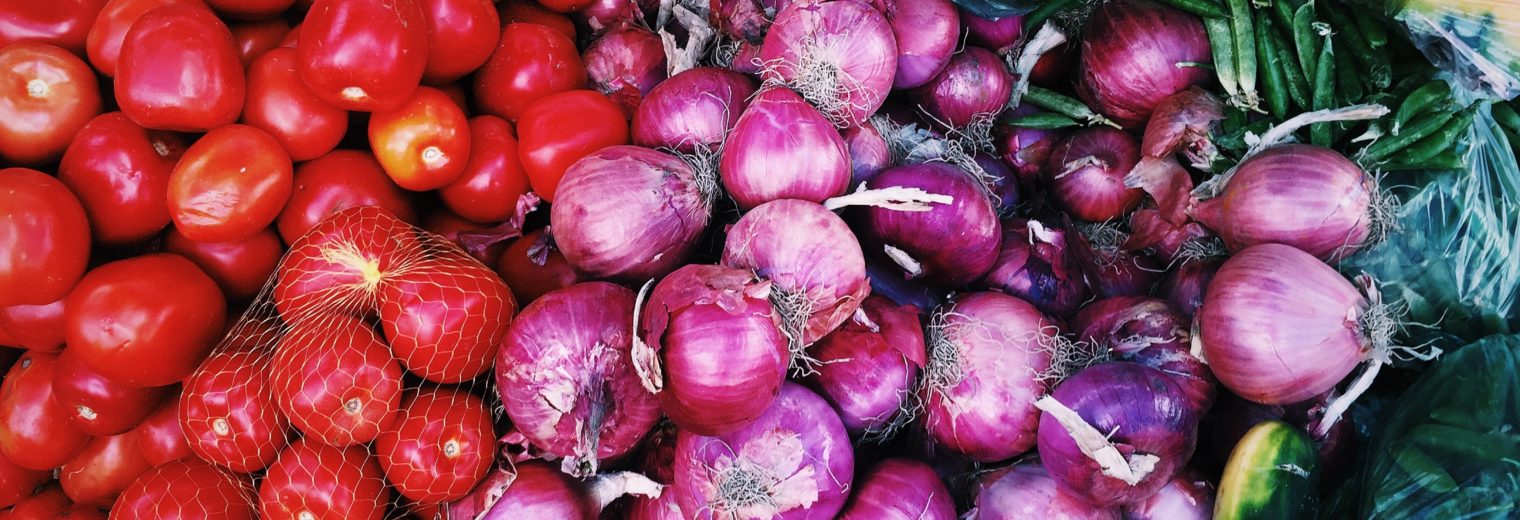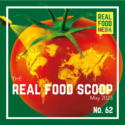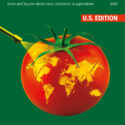A study helps answer a question many of us ask when deciding whether to buy organic food: does it really make a difference?
by Kendra Klein and Anna Lappé, The Guardian
hen Andreina Febres, a mother of two living in Oakland, California, signed up for a study evaluating whether an organic diet could make a difference in the amount of pesticides found in her body, she didn’t know what researchers would find. But her family, and the three others across the country that participated, would discover that they all had detectable levels of the pesticides being tracked. They would also discover that after only six days on an organic diet, every single person would see significant drops in those pesticides, including several linked to increased risk of autism, cancer, Parkinson’s, infertility, and other significant impacts on health.
“It’s good to see that just after a week there was a dramatic drop,” Febres said after seeing the results. “I would love to get those pesticides out of my body and my family’s bodies.”
This just-published peer-reviewed study helps answer a question many of us ask when deciding whether to reach for the conventional or organic option at the store: does organic really make a difference? The results say yes, a big difference. Choosing organic can protect you from exposure to toxic pesticides.
This study, led by researchers at University of California, Berkeley and Friends of the Earth, and co-authored by one of us, tracked pesticide levels in four families from across the country for two weeks. The first week, the families ate their typical diets of non-organic food; the following week, they ate completely organic. Urine samples taken over the course of the study were tested for pesticides and the chemicals pesticides break down into, called metabolites.
The results? Of the 14 chemicals tested, every single member of every family had detectable levels. After switching to an organic diet, these levels dropped dramatically. Levels across all pesticides dropped by more than half on average. Detectable levels for the pesticide malathion, a probable human carcinogen according to the World Health Organization, decreased a dramatic 95 %.
Malathion was just one of the pesticides found in this study that are part of a group called organophosphates, which have long concerned public health experts because of their impact on children’s developing brains. Created as nerve agents in World War II, organophosphates have been linked to increased rates of autism, learning disabilities, and reduced IQ in children. The organophosphate chlorpyrifos, found in all of the family members, is so worrisome to public health that the Environmental Protection Agency (EPA) planned to ban it in 2017 – a proposal dropped by the Trump administration. In the wake of inaction from the administration, Hawaii passed the first state-level chlorpyrifos ban in 2018; and Representative Nydia Velázquez introduced a federal bill to ban it.
This brings us back to the case for organic. When you choose organically-grown products, you’re guaranteed they were not grown with chlorpyrifos or the roughly 900 synthetic pesticides allowed in non-organic agriculture. Many of these pesticides are now understood to cause cancer, affect the body’s hormonal systems, disrupt fertility, cause developmental delay for children or Parkinson’s, depression, or Alzheimer’s as we age. This study shows that eating organic can dramatically decrease the pesticides you’re exposed to.
But we know providing people with information about the benefits of choosing organic foods is not enough. Far too many of us don’t have the choice. Today, billions of our tax dollars are subsidizing pesticide-intensive agriculture while organic programs and research are woefully underfunded. This misdirection of public dollars is one of the reasons many people across the country still don’t have access to, or can’t afford, organic food.
Representative Alexandria Ocasio-Cortez has argued that in a modern, moral, wealthy society, no person should be too poor to live. We believe it follows that in such a society, none of us should be too poor to afford food raised without toxic chemicals and that all of us should be able to support a food chain that protects the health of farmers, farmworkers and communities who are otherwise on the front-lines of pesticide exposure.
As another mother in the study put it: “Health should not be limited to your income, your education, your race, your gender, or your geographic location. I think everyone has the right to clean, organic food.”
Organic for all, is that too radical of an ask?
Header photo by Andres Carreno / Unsplash




